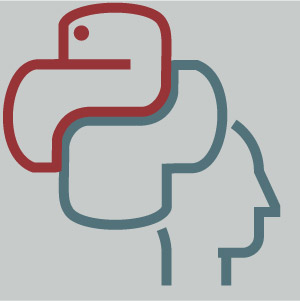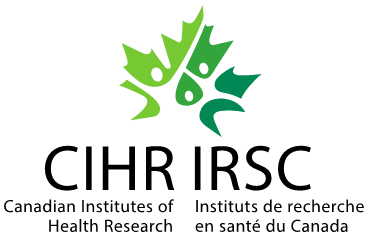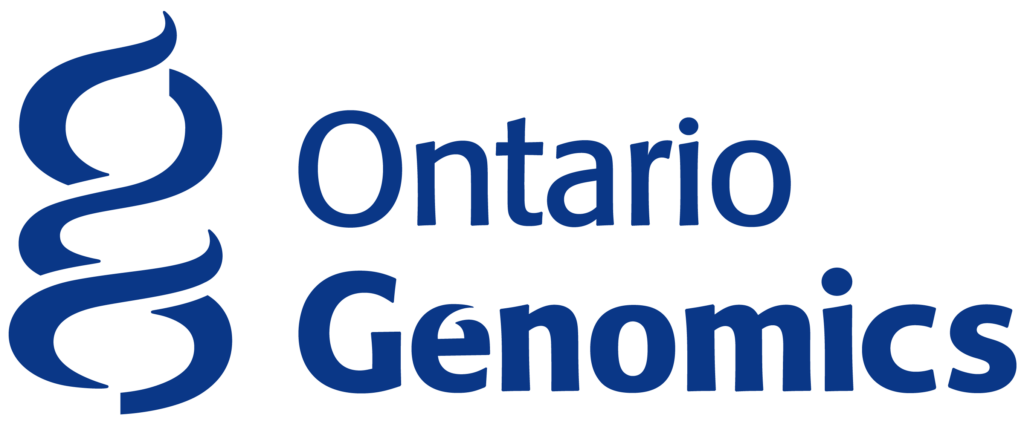
Worldwide, Python is one of the most used programming languages. It can be used for tasks from building websites to conducting data analysis and task automation thanks to the language’s ever-growing community that develops excellent resources and libraries. These characteristics make Python a great choice for bioinformaticians, but it can be challenging to take full advantage of it without proper guidance. This workshop introduces the essential ideas and tools of Python, covering basic Python programming concepts and syntax. Participants will apply these skills to bioinformatics data through hands-on lab exercises.
At the end of the workshop, participants will be able to:
- Explain and use programming concepts such as variables, control structures, functions, and parameters
- Use Python’s basic data types, including numbers, Booleans, strings, lists and dictionaries, to model a problem’s data
- Break down and compose solutions to computing tasks in Python
- Understand and use programming best practices, following standards for coding and documentation
- Apply these skills to processing bioinformatics datasets
Graduates, postgraduates, and PIs who are planning to design and execute strategies for data analysis but have little or no familiarity with Python programming language and its most popular data processing libraries.
You will also require your own laptop computer. Minimum requirements: 1024×768 screen resolution, 1.5GHz CPU, 2GB RAM, 10GB free disk space, recent versions of Windows, Mac OS X or Linux (Most computers purchased in the past 3-4 years likely meet these requirements).
This workshop requires participants to complete pre-workshop tasks and readings.
Module 1: Programming fundamentals Part 1
- Values and data types (int, float, str, bool)
- Variables and dynamically typed languages
- Arithmetic, string and Boolean operators
- Data type conversion
Lab Practical
Module 2: Programming fundamentals Part 2
- Python built-in functions: mathematical, string and input/output
- Function definition and modules
Lab Practical
Module 3: Conditional statements, dictionaries and lists
- If statement
- Exercise on conditionals
- Dictionaries and its basic operations
- Lists and its basic operations
Lab Practical Summary exercise
Lab Project
- Practice creation of modules and algorithms with conditional statements (if)
- Develop a program organized by modules in a bioinformatics context defining relevant functions, including multiple execution flows by using conditional statements
- Integrate the content from day 1 into a small, fully functional software solution
- The project will allow trainees to check their understanding on modules for the organization of a software solution to ensure modularity, separation of concerns/principle of single responsibility and avoidance of code duplication. Moreover, trainees will be able to include conditional statements as simple flow control structures to make decisions in their programs.
Module 4: Loops and file management
- For loop and practice exercise
- Loops over data structures
- Practice exercise: loops on lists and dictionaries
- File management in Python
Lab Practical Loops and File management exercise
Lab Project
- Use functions, control statements and data structures to handle data from biomedical datasets
- Use the learned statements and structures to read a biomedical dataset, store the data in one of the structures covered in the workshop and apply flow control statements to manipulate the data structures in multiple functions.
- Practice combining data structures to store and properly handle complex biomedical datasets
- Output program results to files that can be shared or used by other bioinformatics solutions
Duration: 2 days
Start: Nov 03, 2025
End: Nov 04, 2025
Status: Cancelled
Workshop Ended

Canadian Bioinformatics Workshops promotes open access. Past workshop content is available under a Creative Commons License.
Posted on:
 Download the poster announcing this workshop
Download the poster announcing this workshop


